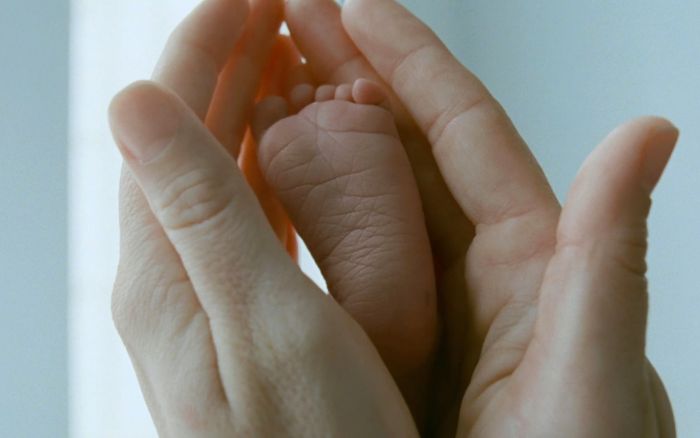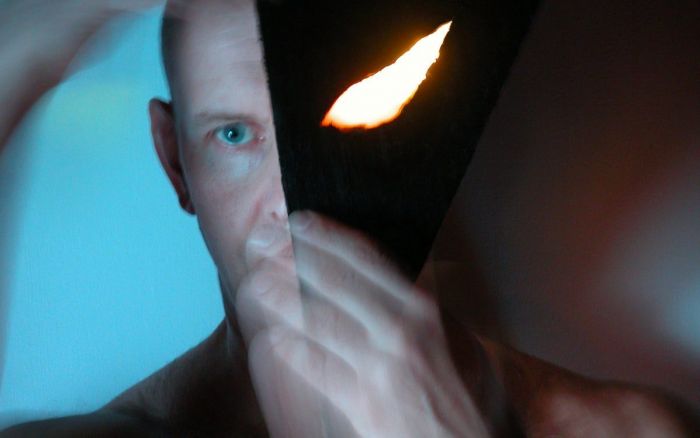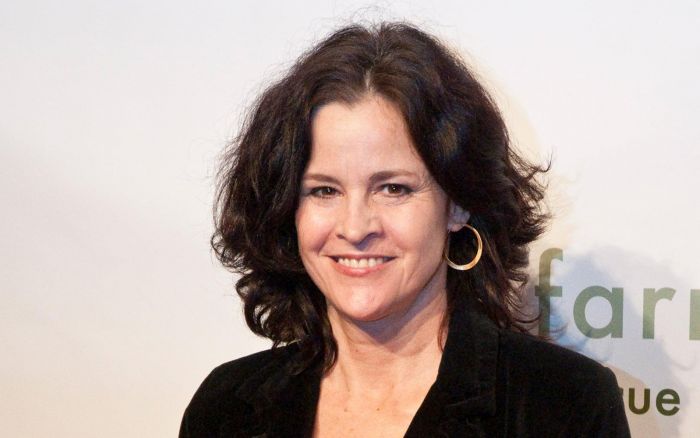Weekend Reads: Speed Racer, Church Misogyny, Cultural Appropriation, Boards of Canada, YouTube Rituals

Film Crit Hulk sings the praises of Speed Racer. “I think it remains one of the most criminally overlooked films in recent memory and also one of the most oddly inspiring. While I know there are fellow fans who would wholly agree with this superlative, the notion runs contrary to the conventional wisdom surrounding the film’s release.” (Read my review.)
As usual, there’s lots of good stuff at Christ and Pop Culture, starting with Kaitlyn Schiess’ analysis of the sexism and misogyny that plagues American Christianity. “Women don’t have greater theological insight, but they do have different insight and a different perspective, a perspective that should help us avoid errors like the harmful counsel Patterson gave an abused woman.”

K. B. Hoyle looks at how Avengers: Infinity War treats death. “By virtue of the fact that we know several of the characters who die at the end of Infinity War are already slated to appear and/or star in sequels in the MCU — including Black Panther, Spider-Man, and the full slate of Guardians of the Galaxy characters — we can’t ever fully believe their deaths are final. And herein lies the one overarching critique of the film: the deaths at the end of Infinity War lack consequence because we know most — if not all — of the characters who die must return to the MCU for roles outside this movie.” (Read my review.)
Finally, my latest piece discusses the Celtic Christian concept of “thin places” and the sacred/secular divide. “If you’re a Christian, then shouldn’t one of your fundamental beliefs about reality be that there’s a deeper, richer reality lurking behind the one you experience with your senses? What’s more, shouldn’t you actively seek to experience this reality and allow it to shape and inform your life?”

Terrence Malick is working on an extended version of The Tree of Life that will be released by the Criterion Collection this August. “The expanded 188-minute cut doesn’t contain more effects shots, and the epic creation sequence remains untouched. But it restores material that Malick was exploring for the version that was shown in Cannes, including specific events and characters that were referenced only elliptically in the original film.” (Read my review.)
Simon Reynolds argues that Boards of Canada’s Music Has the Right to Children is the greatest psychedelic album of the ’90s. “Like many others, I found that Music Has the Right had an extraordinary power to trigger memories. Partly this was a side effect of the wavering off-pitch synths, redolent of the music on TV programs from my ’70s childhood. But in a far more profound, fundamental, and deeply mysterious way, BoC seemed to be tapping into those deepest recesses of personal memory. Blending intimacy and otherness, the music put you back in touch with parts of yourself you’d lost.”

Tor Lundvall, who recently released the excellent A Dark Place, talks about his darkly atmospheric music. “[I]f some of what I do acts in a passive way, and helps people unwind or tune-out from the madness of everyday life, then that’s not an entirely bad thing either. Ultimately, I hope that my music engages my listeners intuitively, allowing them to crawl into their own worlds, triggering their imaginations, evoking memories, and a sense of time and place. That’s where I’d often like to be.” (Read my review of A Dark Place.)
David Frum writes that the modern bugbear of cultural appropriation is frequently misunderstood. “All cultures have histories. Young people born in North America may imagine that their grandmother’s recipes or wardrobe emerged autochthonously in a timeless ancestral homeland. But that only reflects how thoroughly they have Americanized themselves, reducing other countries’ complexities to folklores to be fetishized rather than understood and evaluated on their own terms.”

Ally Sheedy talks about her experiences with Hollywood sexism. “I realize I am privileged: I am white and work in the film and television industry. I’ve had great opportunities, worked hard for them, and done the most I could do with them. But I also made the conscious decision to not market myself in a sexual way, and it cost me. It is very, very hard to create a career as an actor without sexualizing oneself.”
What does America look like to a soldier returning home from the Middle East? “I found people expecting me to confirm things they already believed about our military in order to affirm their confidence in America. The trouble is I don’t share that confidence. My 40 months deployed since 2006 have left me with a hard edge. To be sure, I am proud of my country and certainly feel a strong desire to continue service past my thankfully short time left in uniform. But I temper that loyal desire with hard-earned realism about the capacity of the military to deliver on the blind faith the public reposes.”

New atheist Sam Harris rails against tribalism, but he may be more tribalist than he thinks. “What makes the psychology of tribalism so stubbornly powerful is that it consists mainly of cognitive biases that easily evade our awareness. Indeed, evading our awareness is something cognitive biases are precision-engineered by natural selection to do. They are designed to convince us that we’re seeing clearly, and thinking rationally, when we’re not. And Harris’s work features plenty of examples of his cognitive biases working as designed, warping his thought without his awareness.”
YouTube has given new life to occult religious practices. “In a nutshell, those who practice the ritual believe they develop spiritual powers and changes in perception that grow over time, as they shake off the false reality in which we are all supposedly imprisoned. It is a ‘proof of life,’ in the community’s parlance, letting the powers that be know you’re there, and allowing you to enter their graces.” A good reminder that everyone seeks transcendence.